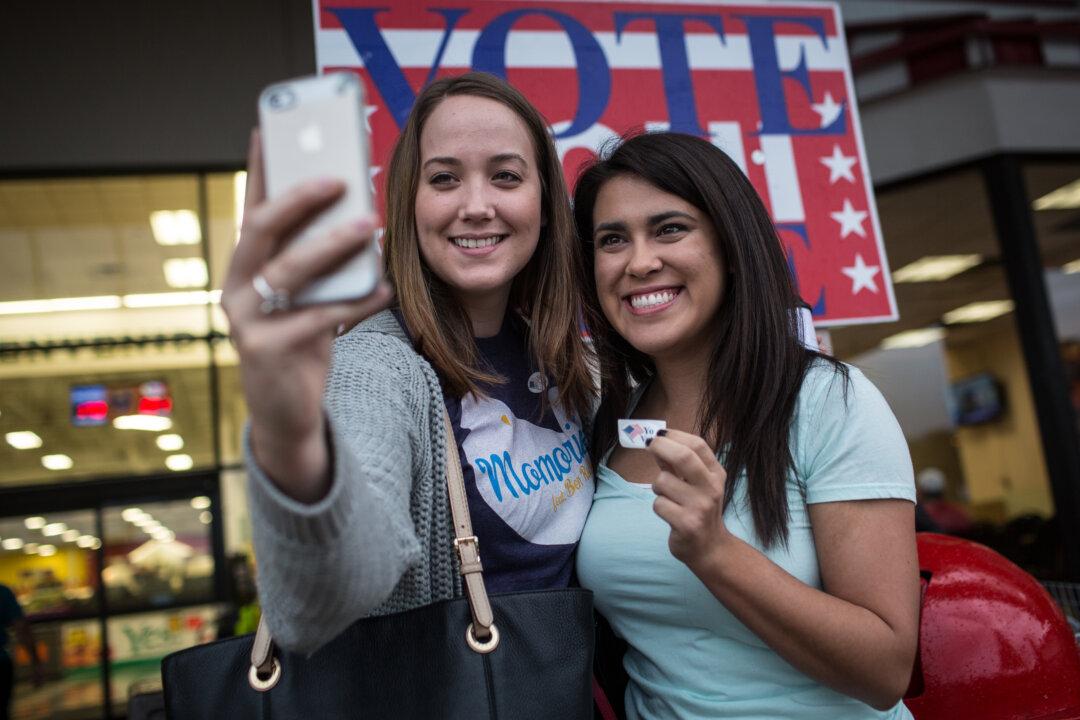A series of voter ID laws working their way through the American legal system are making it harder for some and easier for others to vote. In Texas, new rules prohibit students from using their campus ID to vote, while people with a concealed-carry gun permit can cast a ballot.
Of the seven types of identification allowed at polling stations in Texas, a student ID card is not one of them.
Texas isn’t the only place with such a law, or a proposed law, on the books.
In Tennessee, the Nashville Student Organizing Committee has gathered students from four universities to oppose a very similar voting law there.
While that law is being considered in federal court, other states are struggling over legal battles of their own.
On Monday, the Supreme Court ruled it wouldn’t hear a Wisconsin case challenging the state’s voter identification laws. The state’s voter ID law was passed in 2011 and has faced a litany of legal challenges—two in state court and two in federal court, but still stands.
Wisconsin is one of 31 states that requires identification to cast a ballot, and is considered one of the strictest in the country. After a special election on April 7, voters will be required to show photo identification at polling stations.




